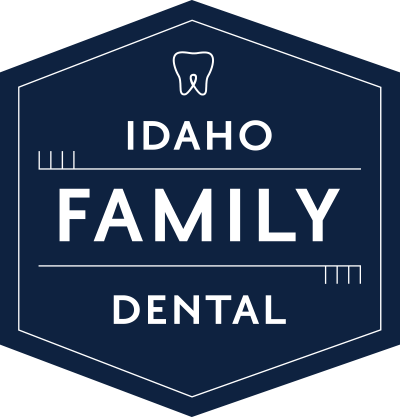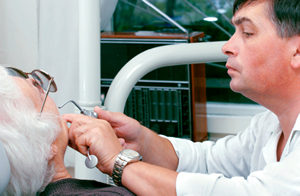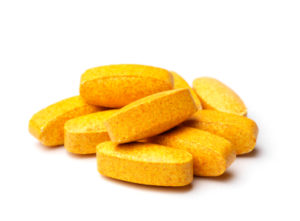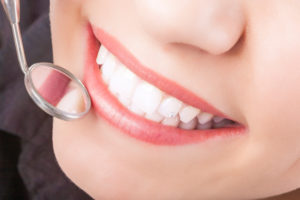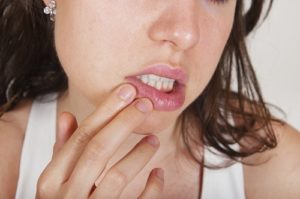 Anyone who is prone to cold sores knows that they tend to pop up at the most inconvenient of times. A cold sore is a blister, or a group of blisters, found around the mouth, and it is caused by the herpes simplex virus. They are highly contagious, and while most adults are already infected with the virus, not everyone will experience cold sores. Fortunately, they don’t usually present a problem for your oral health.
Anyone who is prone to cold sores knows that they tend to pop up at the most inconvenient of times. A cold sore is a blister, or a group of blisters, found around the mouth, and it is caused by the herpes simplex virus. They are highly contagious, and while most adults are already infected with the virus, not everyone will experience cold sores. Fortunately, they don’t usually present a problem for your oral health.
Understand Your Triggers
If you are prone to cold sores, certain events or conditions could trigger them. Avoiding those triggers could help you to avoid cold sores and any potential complications, such as bacterial infections. Triggers include HSV infections, influenza, and chest infections. Weather conditions like wind and excessive sunlight could lead to a cold sore. Additionally, hormonal changes, such as pregnancy or menstruation, or physical and emotional stress may also lead to a cold sore outbreak.
Continue to Brush and Floss
If you are bothered by a cold sore, you may feel tempted to take a day off from brushing. This is one way that your oral health may be compromised due to cold sores. Be sure to maintain business as usual when it comes to brushing and flossing.
Let Us Examine Any Sores that Don’t Heal
Most cold sores don’t require treatment, and the body’s immune response will typically heal them within two weeks. However, if you ever have a mouth sore that doesn’t heal within that time frame, you should contact our office to have it checked out. The symptoms of oral cancer could look similar to a cold sore.
Are you concerned about a sore on your lips or inside of your mouth, or is it simply time for your regular dental evaluation? Whatever the reason, we are here to help. Give us a call today.
